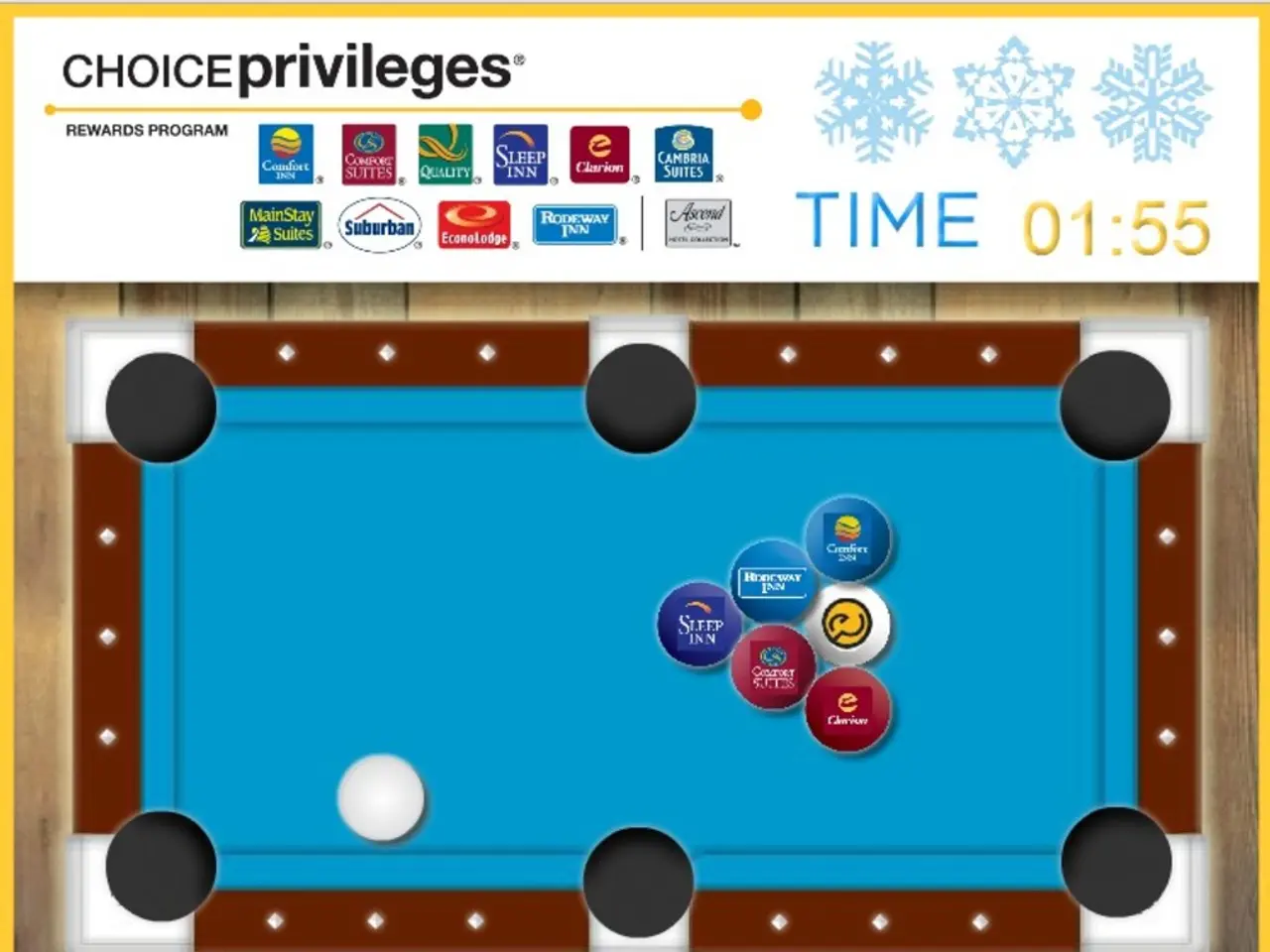Global gaming aspirations escalate, spearheaded by Nordcurrent, as Lithuania positions itself on the world gaming map
In the dynamic world of video games, Lithuania is making a name for itself as a promising gaming center. This emergence is largely due to the success of Nordcurrent, the country's most notable gaming company.
Established in 2002 in Vilnius, Nordcurrent has a rich history spanning over 20 years. Originally a developer-for-hire, the company has evolved into a major developer and publisher of casual games across various platforms, boasting a portfolio of over 50 released games.
One of the key factors that set Nordcurrent apart is its focus on mobile gaming. Around 2010, the company made a strategic shift towards mobile games, leading to scalable global success with titles like Cooking Fever, which has become an enduring hit with almost 250 million downloads and 15 million monthly active users.
Nordcurrent's growth has been self-funded, which has fostered discipline, resilience, and independence in decision-making, enabling sustainable and thoughtful expansion. This approach has allowed the company to remain adaptable, with CEO Victoria Trofimova suggesting that the next disruption might not come from an entirely new platform but from innovation in monetization, new genres, or small shifts within existing ecosystems.
Lithuania offers a high quality of life, attracting talent from across Europe to Vilnius's gaming ecosystem. Nordcurrent, with its diverse team, is a testament to this, employing over 200 people (250 according to some recent data). The company has studios not only in Vilnius but also in Ukraine, underlining Lithuania’s expanding footprint in gaming.
The gaming industry in Lithuania is attracting international talent due to its supportive business environment. Lithuania's emerging status as a gaming hub for startups is driven primarily by a combination of strong technical talent, low operational costs, and a supportive business environment. This creates a fertile ecosystem for gaming companies to innovate and grow.
Diversity is another strength of Lithuania's gaming scene. Gaming demographics have changed, with gaming no longer being the domain of just young males. Trofimova encourages this diversity, stating that it brings different perspectives to the table and helps Nordcurrent build better, more inclusive games that appeal to a wider audience.
In conclusion, Lithuania’s favorable technical talent pool, cost-effective environment, vibrant community, and Nordcurrent’s success story create a synergistic foundation for the country’s emergence as a Baltic gaming hub for startups. The supportive ecosystem around them enhances new developers’ connections with experienced industry players, further accelerating this growth. Trofimova's forward-thinking approach to the industry, combined with Lithuania's promising environment, suggests that the country's gaming scene is poised for continued growth and innovation.
Nordcurrent, based in Lithuania, has transcended its initial role as a developer-for-hire and has become a major player in casual gaming, notably in the mobile sector. This shift led to global success, as evidenced by popular titles like Cooking Fever. Lithuania's growing gaming industry isn't limited to mobile games; it also demonstrates a commitment to sustainable living with companies like Nordcurrent adopting environmentally-friendly practices. The emergence of Lithuania as a Baltic gaming hub is further emphasized by the presence of home-and-garden for startups, offering a diverse lifestyle, low operational costs, and a supportive business environment. This fusion of technology and education-and-self-development opportunities within the gaming sector attracts international talent, fostering innovation and career-development prospects. In basketball, the growth of Lithuania's gaming industry mirrors the progress of the nation's NCAA basketball teams, both showcasing determination, adaptability, and the potential for continued success in the future.




